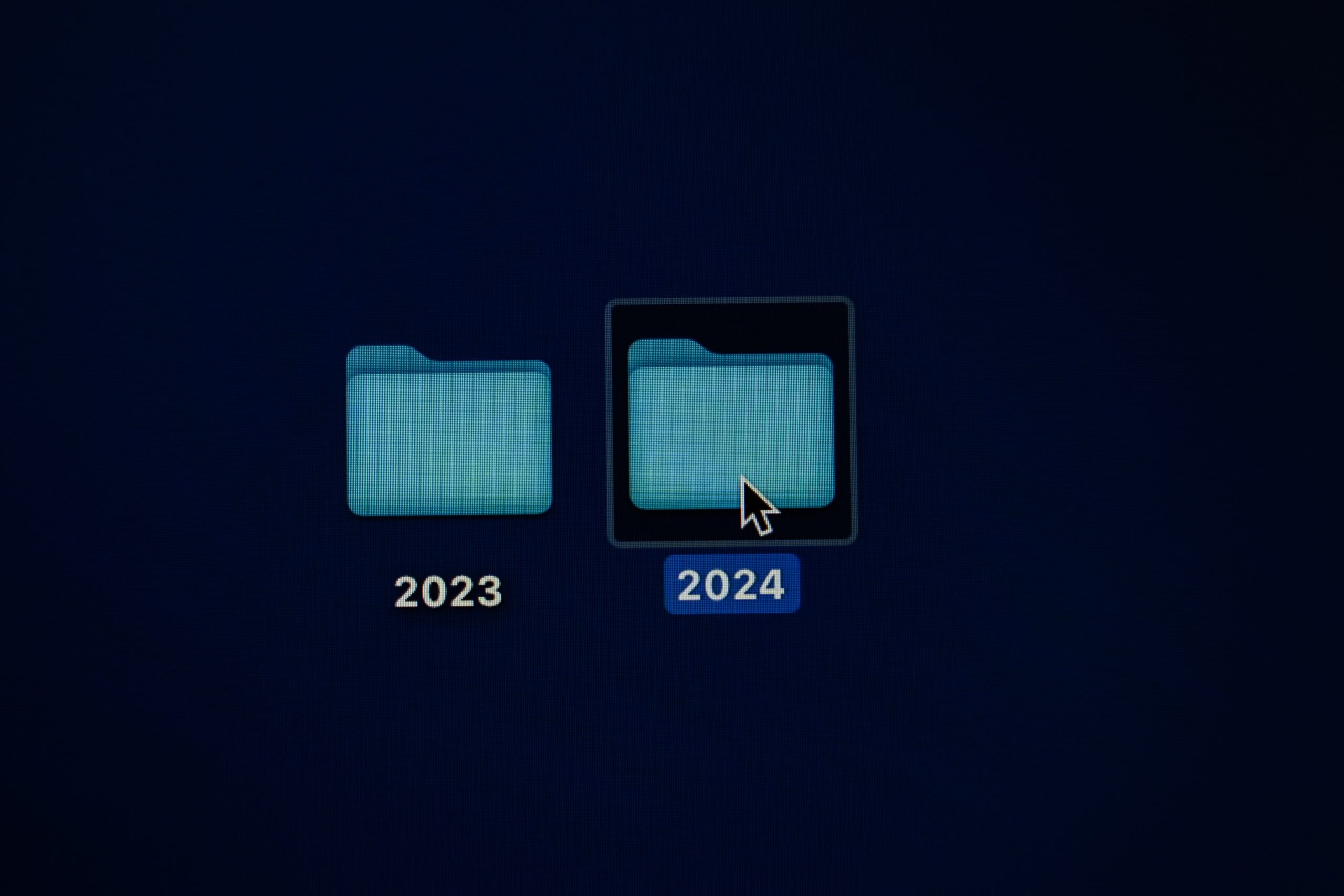
Be SMART About Your New Year’s Resolutions!
Welcome to 2024, everyone! We’ve survived another year and hopefully, this one will be better than the last! Most of us have things we’d like to leave behind in 2023 and we also have new goals to achieve in the new year. The transition from last year to this year is the ideal time to think about New Year’s resolutions; you’re full of motivation, ready to conquer the world and be the best version of yourself. However, there’s one problem. After a few days, weeks, or even months, you might find yourself slipping back into your old habits (and we don’t want that for the new you). There is an easy method you can quickly implement with all of your resolutions and it’s called the SMART method. SMART is an acronym that stands for specific, measurable, achievable, relevant, and time-bound. Let’s get into all of these aspects of a good resolution so that you can reframe your goals and give yourself some more motivation at the start of 2024.
Specific — What exactly do you want to do?
Being specific is the first step in defining a SMART resolution. Specificity gives us some boundaries to work within. If your goals are too broad or vague, you might end up losing motivation because it’s hard to know when your goal has been achieved. So saying “I want to read more this year” is not specific enough. Instead, you could say “I want to read one book per month.” This is more specific, but we can still make it SMARTer.
Measurable — How do you know you’re making progress?
If we can’t see that we’re making progress when we’re working on something, most of us will lose steam and we’ll become demotivated sooner rather than later. Whatever you’re trying to accomplish, you should be able to tag a number onto it to track your progress. In my previous example, it’s the “book a month” part. If you’re trying to lose weight, it’s the number on your scale. If you’re trying to exercise more, it’s the number of times you go to the gym. Don’t leave any room for doubt when asking yourself if you’re making progress or not.
Achievable — Is this possible to achieve now or at all?
Do you know what will really demotivate you? Trying to do something you can’t. Impossible resolutions will sometimes take other resolutions with them as you lose willpower overall. So if you’re planning on losing weight, telling yourself you’re going to lose 10kg per week is not going to be useful (and is honestly dangerous). By drawing out impossible resolutions, you’re setting yourself up for failure. Instead, be realistic. Say you’ll try to lose 1kg per week. Or even better, rephrase your resolutions so they are action-based, not result-based, since we don’t have much control over the results of our efforts. So in this example, you’d say “I want to exercise for 2h every day” or “I want to eat less than 2000 calories per day.” It’s easier to control what you eat and how much you work out than how much weight you lose because more factors could be at play there.
Relevant — Why is this important to you?
This step is to give you more motivation and insight into what you want to do. For example, wanting to switch jobs is admirable, but why would you do it if you’re happy where you’re at? If you want to buy something that’s out of your price range, maybe you need to find a job that pays a higher wage. That’s reason enough. It doesn’t have to be significant. You can want to lose weight to fit better into a new clothing style. Additionally, if you’re serious about reading more for example, you’ll research the best ways to stay focused, learn about your attention span, and plan out your day to be efficient with your time and effort. Quite simply, you have to want to accomplish your resolution so think about why it matters to you.
Time-bound — What’s your deadline?
Making sure a goal is time-bound is part of making it specific and measurable. Reading 12 books in 2024 is time-bound, but we should also explore some short-term deadlines. This means you have to read one book per month. However, you can go further and say you want to read a set number of pages per day or per week. Leaving long-term deadlines can end up demotivating you because you lose that sense of progression. Congratulating yourself every day for reading 50 pages will motivate you more than seeing that you’ve read a book this month. Of course, this part is very flexible as well. If you feel like something is too hard or too easy, you can shift your deadline and adjust it to your output.
~ Written by A. Heric